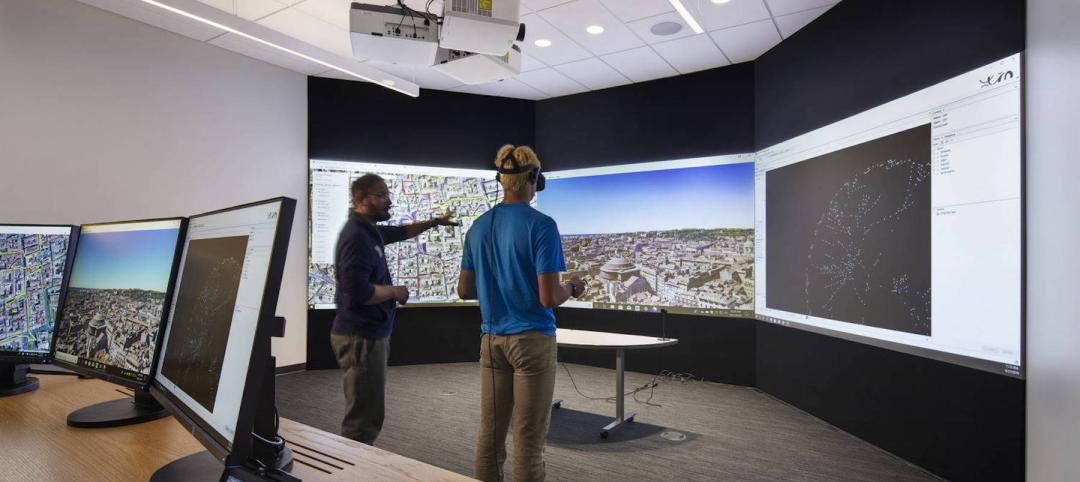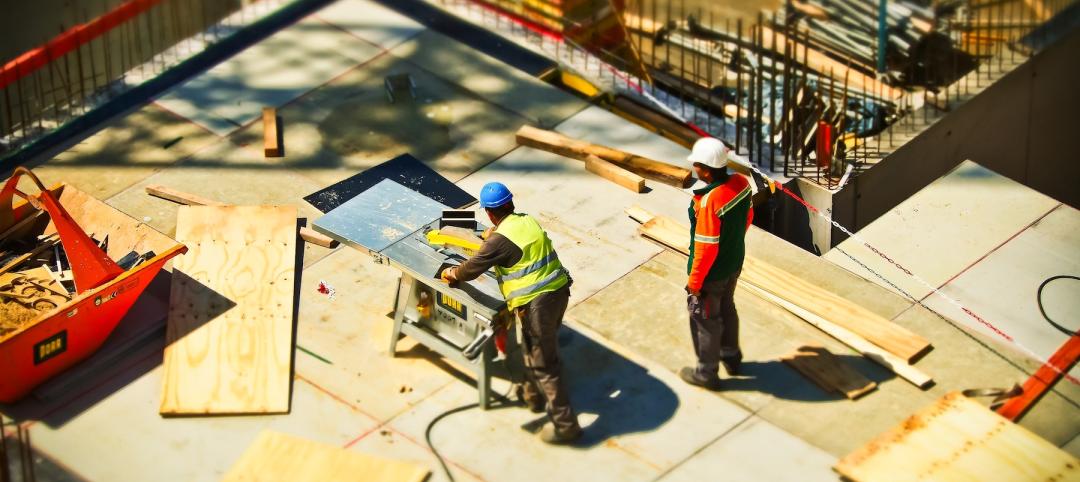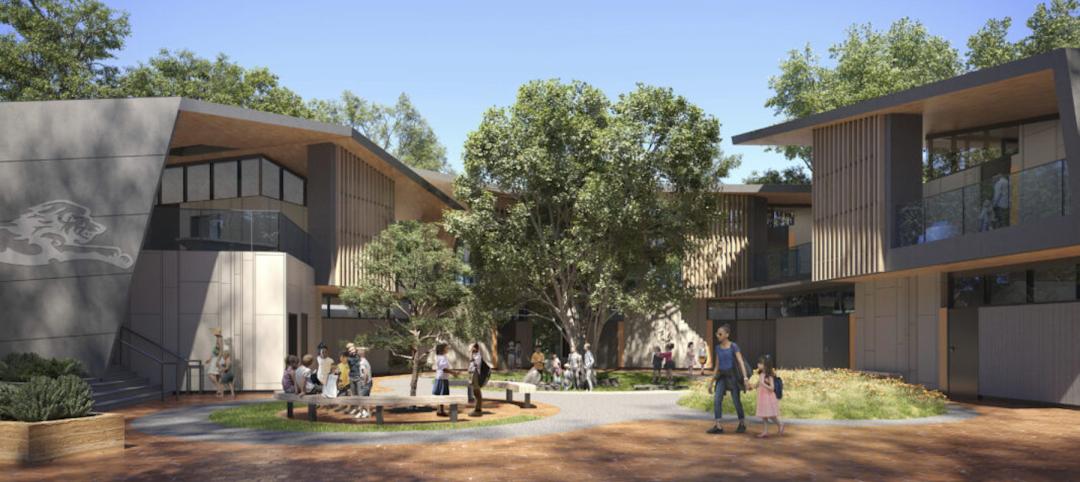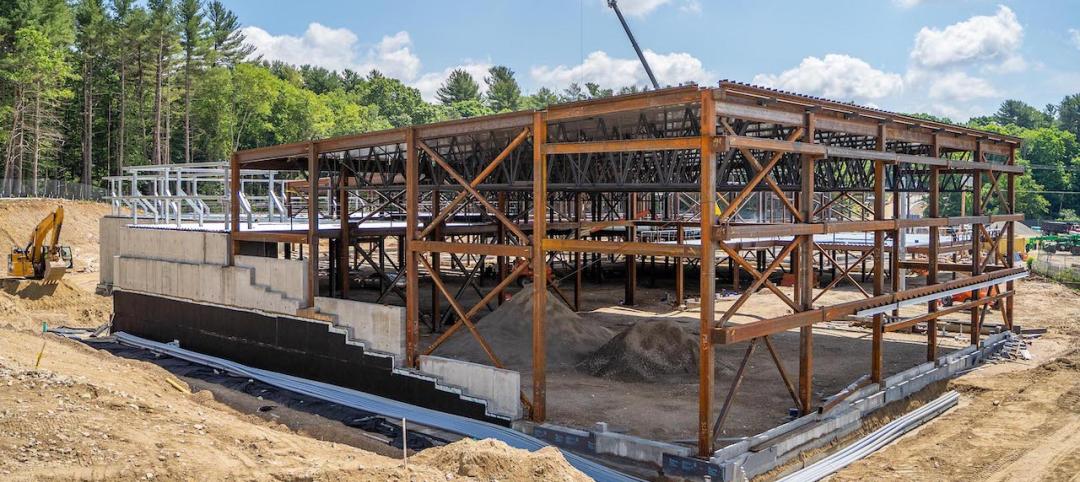On Wednesday, September 2 at 1 p.m. EDT, the Associated General Contractors of America (AGC) and Autodesk will release new data showing the current state of the construction workforce and how the coronavirus has impacted the sector nationwide as well as by region and state* during a virtual media event. The new data is based on a comprehensive survey of construction firms and includes details on how the coronavirus is impacting construction jobs, the sector’s use of technology and what measures could help the industry grow again.
Stephen Sandherr and Ken Simonson, AGC’s CEO and chief economist respectively, will release the new data and identify measures public officials should take to support construction jobs and help the industry recover. Allison Scott, director of construction thought leadership and customer marketing at Autodesk, will discuss how technology can help address current workforce issues and support the industry. Construction contractors will discuss local labor conditions and the steps they are taking to cope with them.
WHO: Stephen E. Sandherr, CEO, Associated General Contractors of America, Arlington, VA
Ken Simonson, Chief Economist, Associated General Contractors of America, Arlington, VA
Allison Scott, Director of Construction Thought Leadership and Customer Marketing at Autodesk, Boston, MA
Construction Contractors
WHAT: Release of New Data Showing the State the Construction Workforce and Industry, Nationally, Regionally and by State*
WHEN: 1 p.m. EDT
Wednesday, September 2, 2020
WHERE: https://us02web.zoom.us/j/
Or dial: 301 715 8592
Webinar ID: 851 9862 5163
CONTACT: Brian Turmail, 703-459-0238 or brian.turmail@agc.org.
*State data available for Ala., Alaska, Ariz., Calif., Colo., Fla., Ga., Idaho, Ill., Iowa, Kan., Ky., La., Mich., Minn., Mo., Neb., Nev., N.C., N.Y., Ohio, Okla., Ore., Pa., S.D., Tenn., Texas, Utah, Va. and Wisc.
Related Stories
AEC Tech | Aug 8, 2022
The technology balancing act
As our world reopens from COVID isolation, we are entering back into undefined territory – a form of hybrid existence.
Legislation | Aug 5, 2022
D.C. City Council moves to require net-zero construction by 2026
The Washington, D.C. City Council unanimously passed legislation that would require all new buildings and substantial renovations in D.C. to be net-zero construction by 2026.
Cultural Facilities | Aug 5, 2022
A time and a place: Telling American stories through architecture
As the United States enters the year 2026, it will commence celebrating a cycle of Sestercentennials, or 250th anniversaries, of historic and cultural events across the land.
Sponsored | | Aug 4, 2022
Brighter vistas: Next-gen tools drive sustainability toward net zero line
New technologies, innovations, and tools are opening doors for building teams interested in better and more socially responsible design.
| Aug 4, 2022
Newer materials for green, resilient building complicate insurance underwriting
Insurers can’t look to years of testing on emerging technology to assess risk.
Sustainability | Aug 4, 2022
To reduce disease and fight climate change, design buildings that breathe
Healthy air quality in buildings improves cognitive function and combats the spread of disease, but its implications for carbon reduction are perhaps the most important benefit.
Multifamily Housing | Aug 4, 2022
Faculty housing: A powerful recruitment tool for universities
Recruitment is a growing issue for employers located in areas with a diminishing inventory of affordable housing.
Multifamily Housing | Aug 3, 2022
7 tips for designing fitness studios in multifamily housing developments
Cortland’s Karl Smith, aka “Dr Fitness,” offers advice on how to design and operate new and renovated gyms in apartment communities.
Building Materials | Aug 3, 2022
Shawmut CEO Les Hiscoe on coping with a shaky supply chain in construction
BD+C's John Caulfield interviews Les Hiscoe, CEO of Shawmut Design and Construction, about how his firm keeps projects on schedule and budget in the face of shortages, delays, and price volatility.
Codes and Standards | Aug 3, 2022
Some climate models underestimate risk of future floods
Commonly used climate models may be significantly underestimating the risk of floods this century, according to a new study by Yale researchers.

















